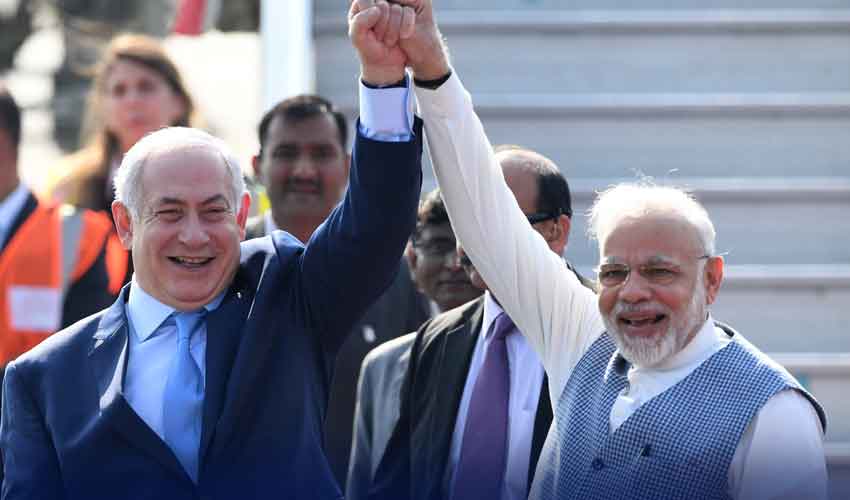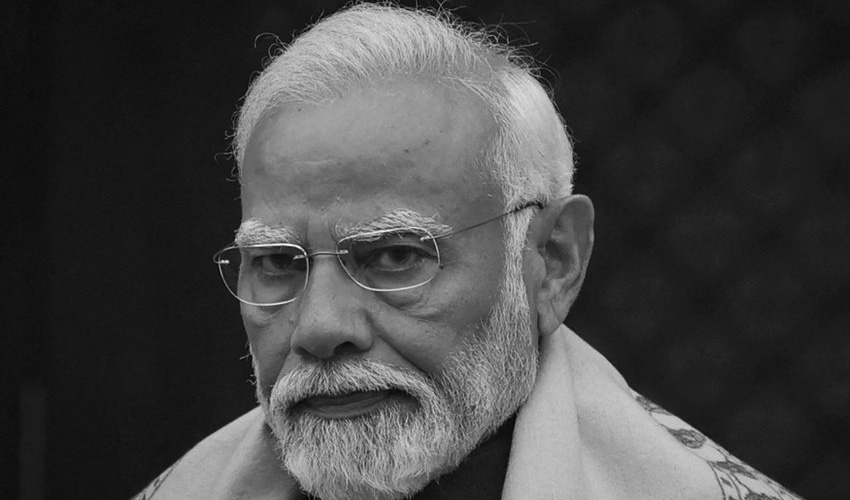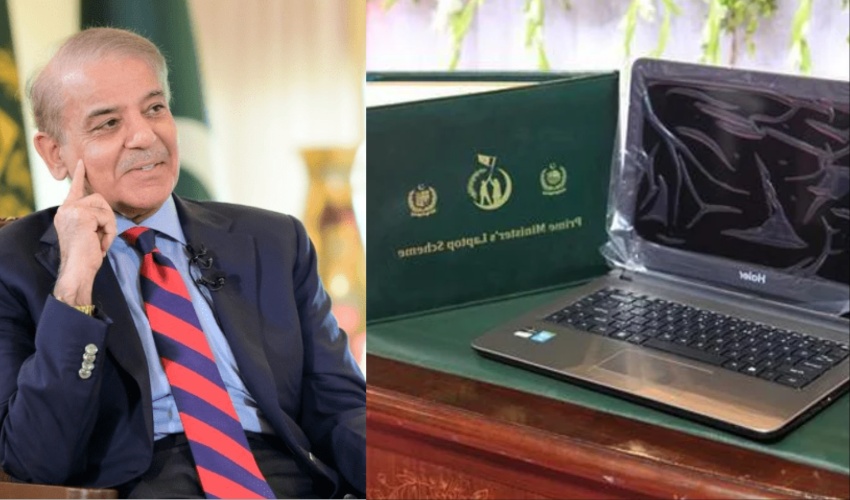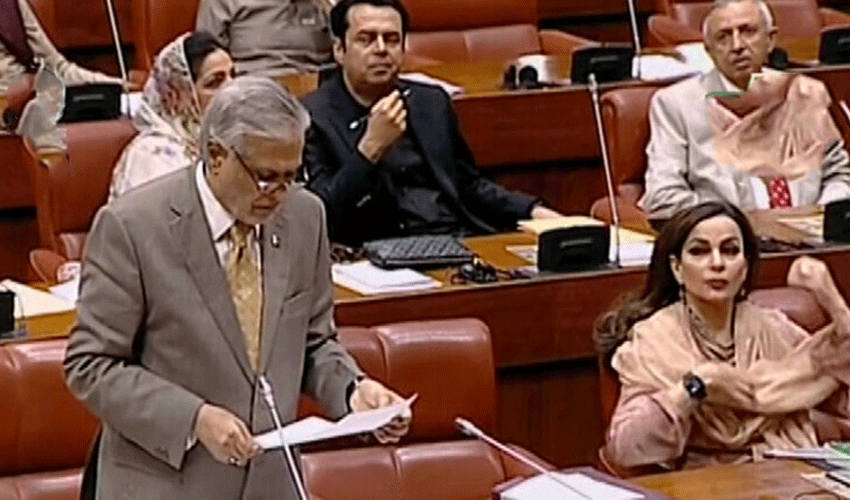In the aftermath of the controversial Pahalgam incident, which many in Pakistan are calling a "false flag operation," Pakistani social media users have launched a highly coordinated and forceful digital campaign to counter what they view as Indian propaganda.
The hashtag-driven campaign swiftly gained traction across various platforms, with popular tags such as #IndianFalseFlag, #ModiExposed, and #PahalgamDramaExposed dominating the digital space. According to India Today, even Indian media couldn’t ignore the sheer scale and influence of this online resistance. The outlet admitted, “Pakistan’s social media space is second to none.”
Posts across platforms strongly suggested that the attack in Pahalgam was orchestrated to malign Pakistan, with many users calling out the Indian military and government for spreading misinformation. Memes, videos, and edited clips—including a viral video depicting Indian Prime Minister Narendra Modi being arrested by Pakistani police—became symbols of the campaign’s intensity and creativity.
India Today further revealed that over 45,000 posts directly targeted Prime Minister Modi, while several others questioned the role of the Indian army and media in shaping misleading narratives. The campaign, it noted, was not spontaneous but “strategically coordinated,” with users across Pakistan uniting for a common cause—defending the country’s image.
Defence analysts noted that this digital pushback effectively neutralised the intended impact of Indian media's messaging. They praised Pakistani citizens for standing united, stating, “The people have used social media as a weapon to dismantle propaganda.”
Despite the Pakistani Foreign Office issuing a clear statement condemning the violence, Indian media continued to spin the narrative. Yet, experts agree that the overwhelming digital response from Pakistani users turned the tide in this ongoing media battle, signalling a new era in regional information warfare, where the people themselves are the frontline defenders.



























